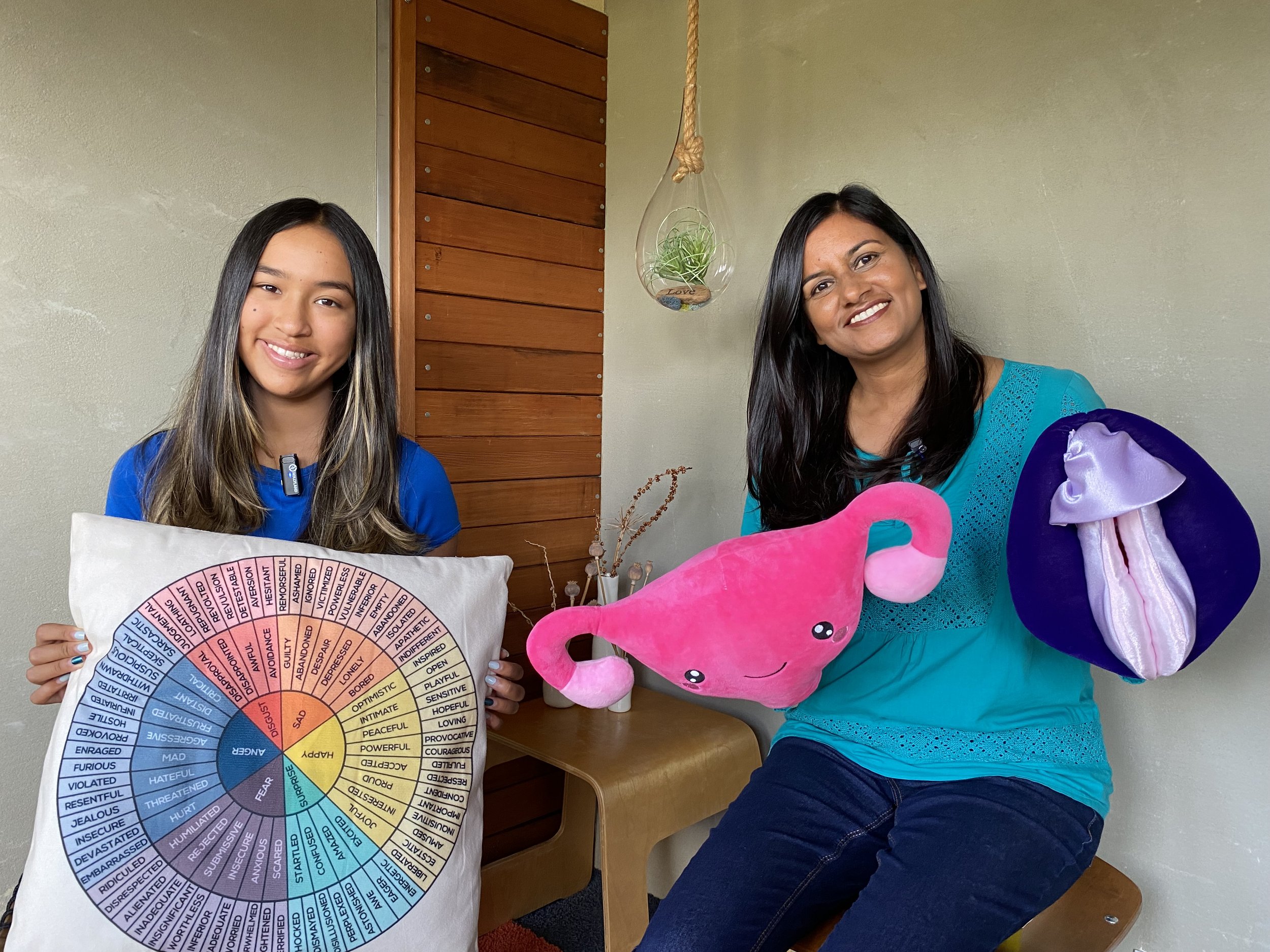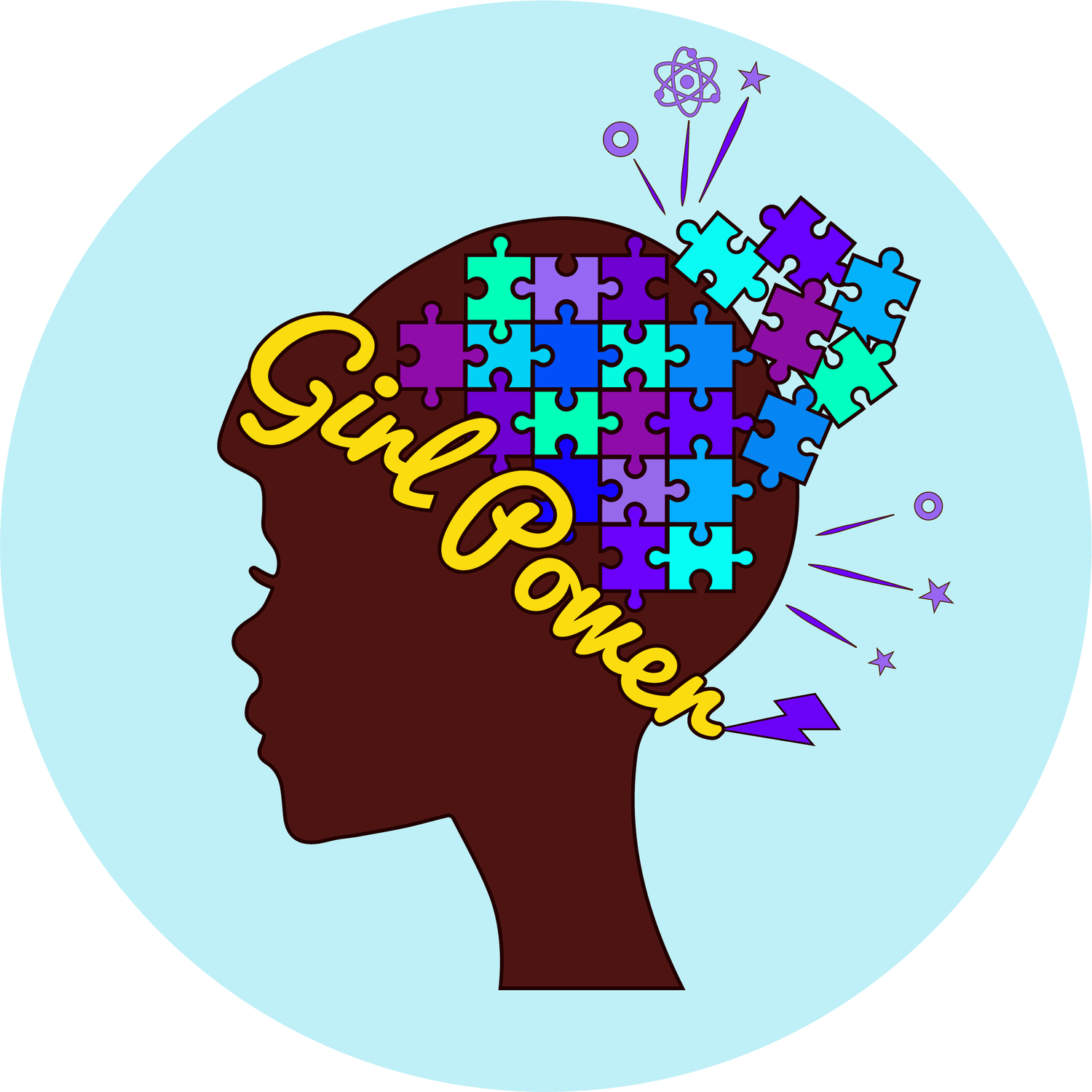
Blog

Body-Identical Hormones 101: How to Ease Into Perimenopause Naturally
Perimenopause is the hormonal transition leading up to menopause, often starting in your 40s. Learn about common symptoms, natural support options, and body-identical hormone therapies—from dietary changes and phytoestrogens to over-the-counter creams and prescription treatments—in this simple, evidence-informed guide by Girl Power Science founder Konika Ray Wong, M.Ed.

Reframing Perimenopause and Puberty
Did you know that perimenopause and puberty are the two most intense periods of estrogen fluctuation in a woman's life? Some scientists describe perimenopause as "puberty in reverse." Progesterone starts to decline and estrogen fluctuates more intensely.
Signs of the onset of puberty and perimenopause are similar including body aches, irritability, sensitivity, and mood swings. During puberty, these signs show up before physical signs such as breast buds. Clues that perimenopause is arriving appear before changes in your menstrual cycle.

Top Ten Puberty Parenting Books
Navigating modern puberty is dramatically different. Puberty now starts earlier, lasts longer, and intertwines with technology in unimaginable ways. Luckily, there are new resources that we didn’t have when we grew up.

Growing Girl Power by Developing a Sense of Agency
Summer is the perfect time to grow girl power by developing a sense of agency. From the farmer’s market to the nearest hiking trail, check out ideas for creating opportunities for more autonomy in your child’s life.

6 Steps to Building a Positive Body Image
Building a positive body image is especially important for young girls right now. The increased screen time and desire to control our lives during the pandemic is magnifying the need to proactively create healthy habits of mind.

How to create a DIY Period Power Kit
Whether it's your daughter's first period or not, being prepared is a game changer. In the US, the average age of menarche is 12, although girls can start their period anytime between the ages of 8 and 15. To empower girls to feel confident about this big change, it’s important to start talking about periods early.

3 Steps to Help your Child with their Brain Remodel
Neuroplasticity during puberty is powerful. Starting as early as age eight and ending around age eighteen, your child’s brain goes through a huge remodel. The prefrontal cortex which controls decision making forges connections with the boss of our emotions called the amygdala. There are actions we can take to help empower our children to be the architects in charge during the renovation.
